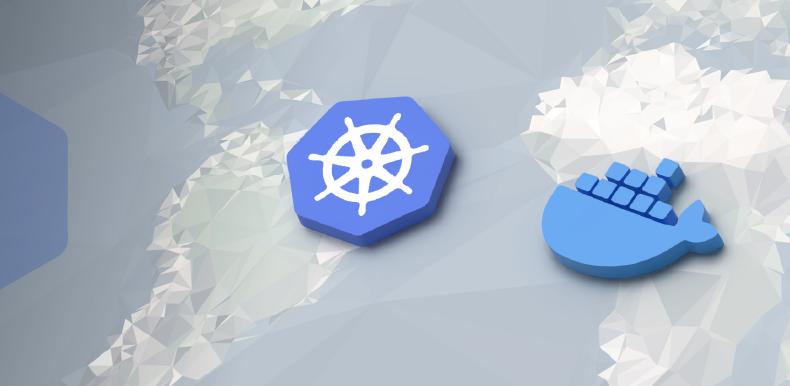
As artificial intelligence (AI) continues to permeate various industries and transform how we live and work, the importance of ensuring trust, managing risks, and maintaining robust security measures has never been more critical. According to Gartner, by 2026, organizations that prioritize transparency, trust, and security in their AI initiatives will see a remarkable 50% improvement in the adoption, business goal achievement, and user acceptance of their AI models.
Defining AI Trust, Risk, and Security Management (TRiSM)
TRiSM is a comprehensive framework that addresses the challenges and opportunities inherent in the responsible development and deployment of AI systems. This approach encompasses three key principles:
- Transparency and Explainability: Ensuring that AI systems are designed and operated with a high degree of transparency, allowing for clear understanding and accountability.
- Risk Management and Bias Mitigation: Proactively identifying and mitigating potential risks, including algorithmic bias, to enhance the reliability and fairness of AI-powered decisions.
- Data Security and Privacy: Safeguarding the integrity, confidentiality, and responsible use of the data that fuels AI models, in compliance with regulatory and ethical requirements.
The Benefits of Implementing TRiSM
By embracing a TRiSM approach, organizations can unlock a range of benefits that extend beyond mere compliance:
- Increased User Trust and Acceptance: Fostering transparency and responsible AI practices can build user confidence and facilitate broader adoption of AI-driven solutions.
- Improved Achievement of Business Objectives: Reliable, trustworthy, and secure AI systems are more likely to deliver on their intended business goals and objectives.
- Regulatory and Ethical Compliance: Adherence to TRiSM principles can help organizations navigate the evolving landscape of AI-related regulations and ethical guidelines.
Fundamental Elements of a TRiSM
Framework Effective implementation of TRiSM requires a comprehensive and multi-faceted approach, encompassing the following fundamental elements:
- Governance and Leadership: Establishing clear governance structures, roles, and responsibilities to oversee the ethical and responsible development of AI.
- Continuous Assurance and Monitoring: Implementing robust processes to continuously monitor, assess, and validate the trustworthiness and security of AI systems.
- Supporting Tools and Technologies: Leveraging specialized tools and technologies to facilitate transparency, risk management, and data security within the AI ecosystem.
Conclusion
As the AI revolution continues to unfold, a comprehensive and proactive approach to trust, risk, and security management is a paramount need. If the organizations embrace the TRiSM framework, they can navigate the complexities of AI with confidence, foster user trust, and unlock the full potential of this transformative technology.








